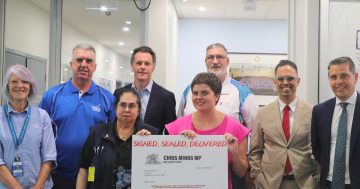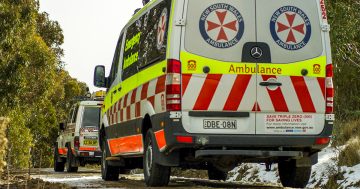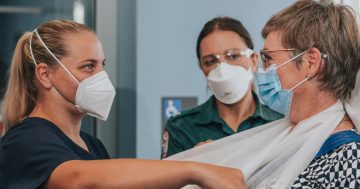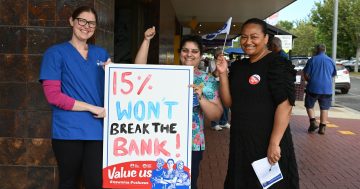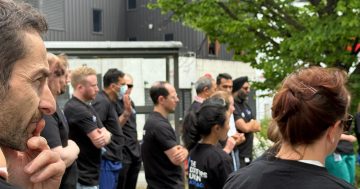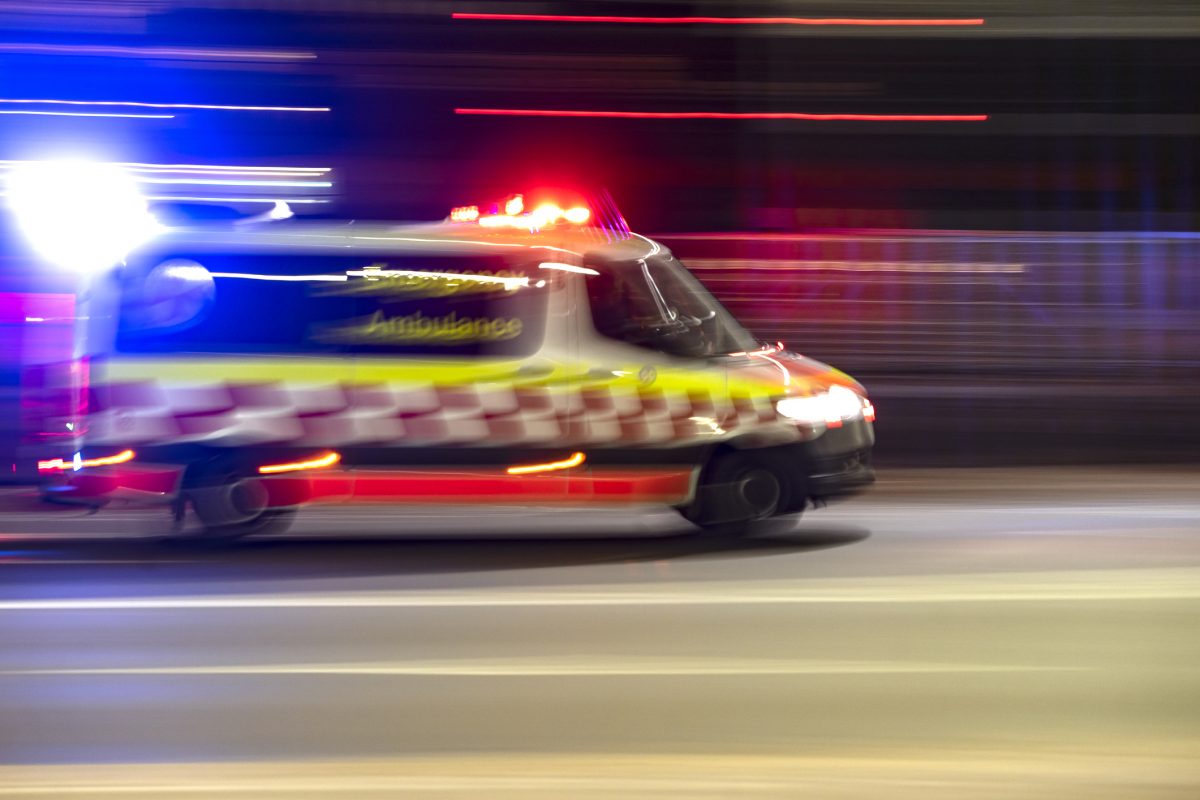
An agreement has been reached on a new pay deal for NSW paramedics. Photo: Julia Gomina.
A pay dispute that had threatened to throw NSW Triple-O services into chaos on New Year’s Eve has been settled.
The NSW Government announced on Wednesday (13 December) that it had reached an agreement with the Health Services Union (HSU) on a pay rise of between 11 and 29 per cent for the state’s paramedics.
The NSW Government says the agreement delivers professional recognition and remuneration to reflect the move towards university qualification of paramedics and registration requirements with the Australian Health Practitioner Regulation Agency (AHPRA).
Some 1200 paramedics had allowed the deadline to renew their AHPRA registration to lapse, meaning they would have been legally unable to answer emergency callouts after midnight on 31 December.
Health Minister Ryan Park said the agreement will cost about $500 million over four years and will be partly funded from the Essential Services Fund and savings from the Health portfolio.
“In delivering professional rates, our first priority is to retain our existing paramedics while still delivering critical increases in paramedic numbers where they are needed most,” he said.
“Under the Coalition, paramedics were left to be the lowest paid in the country. Under Labor, they will now be among the highest paid.”
The agreement will create a new salary structure to remove barriers to clinical innovation, deliver a professional salary framework and create an expanded salary range for new paramedicine practice. It will also enable opportunities to expand the scope of paramedic practice through an updated workforce structure.
HSU NSW Secretary Gerard Hayes said paramedics had fought tirelessly for this professional recognition and salary justice.
“This historic advance proves that justice is worth fighting for,” he said.
“Our paramedics are highly skilled professionals who exercise fine clinical judgement under incredible stress. Their work saves lives. Finally, they will be paid for it.
“We cannot forget that the exodus of paramedics to Queensland happened under the previous government’s 12-year-long wage cap,” he added.
“Such a policy must never return.
“We believe this campaign has been a textbook example of making a case, campaigning hard, exerting pressure and ultimately emerging victorious.
“Despite sometimes having a tense relationship with the current government, we recognise and appreciate the large task it has in rebuilding our health workforce,” he said.
“We acknowledge the efforts of Health Minister Ryan Park, Industrial Relations Minister Sophie Cotsis, Treasurer Daniel Mookhey and of course this week’s intervention from Premier Chris Minns.”


